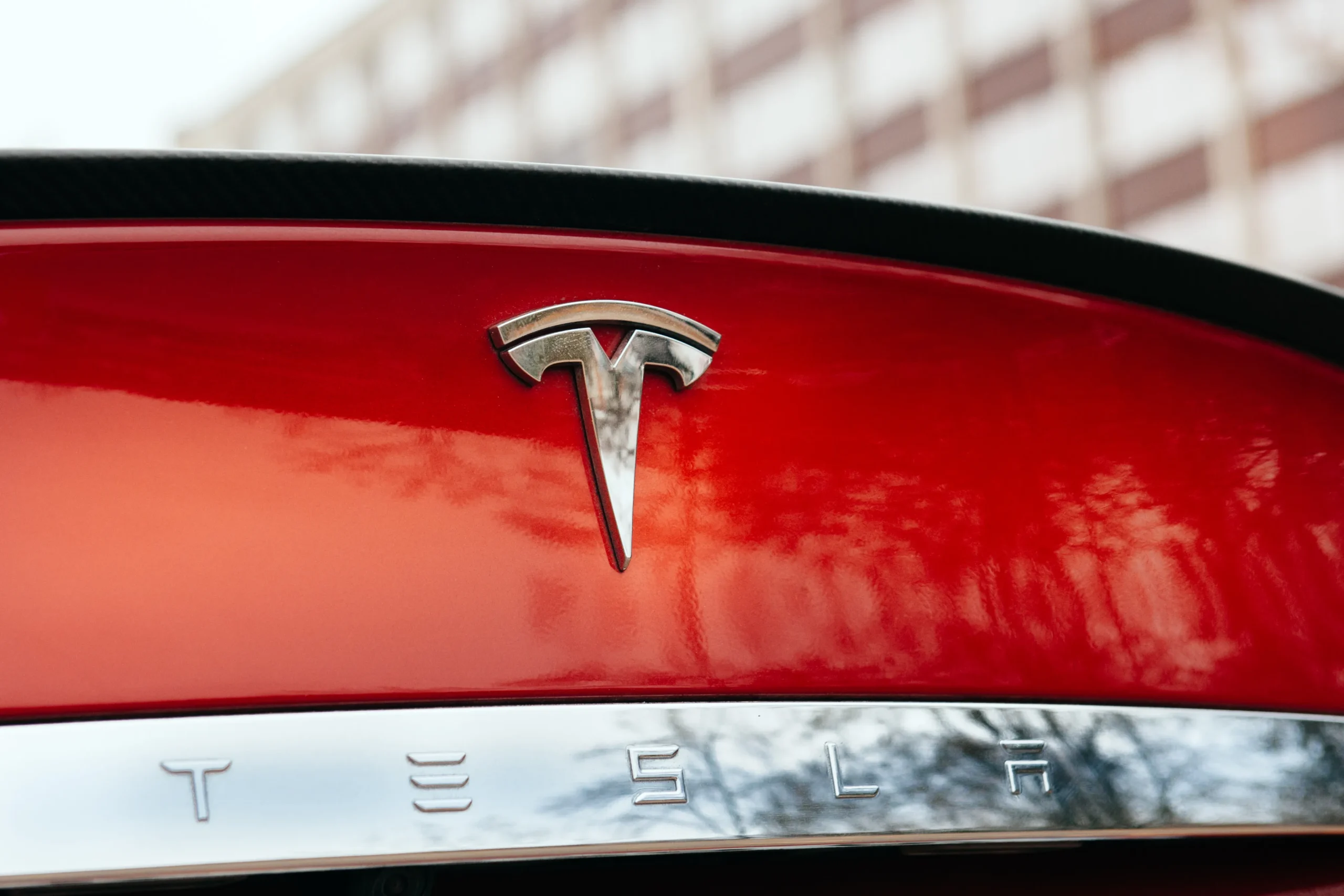The global electric vehicle (EV) market is at a critical juncture, with increasing demand for sustainable transportation and fierce competition among manufacturers. However, trade tariffs have emerged as a significant challenge, threatening to disrupt production costs and global supply chains. Tesla, a leader in the EV industry, has raised concerns about how tariffs could impact the affordability and competitiveness of EVs worldwide. In this blog post, we’ll explore the implications of tariffs on global EV production costs, Tesla’s stance, and the broader impact on the industry.
Table of Contents

Want To Know More About EV
Charging Your Drive with Electrifying Insights?
The Role of Tariffs in the EV Industry
Trade tariffs are taxes imposed on imported goods, often used by governments to protect domestic industries or address trade imbalances. While tariffs can encourage local manufacturing, they can also lead to higher production costs, reduced competitiveness, and strained international trade relations.
In the context of the EV industry, tariffs can affect various components, including batteries, semiconductors, and raw materials like lithium and cobalt. These components are critical for EV production, and any increase in their cost can ripple through the supply chain, ultimately impacting the price of EVs.
Tesla’s Concerns About Tariffs
Tesla has been vocal about the potential negative impact of tariffs on its operations. The company has highlighted several key issues:
- Increased Production Costs: Tariffs on imported components, such as batteries and semiconductors, can drive up production costs. Tesla has warned that this could make its vehicles less competitive in global markets.
- Retaliatory Tariffs: Trade disputes between countries can lead to retaliatory tariffs, further escalating costs. For example, if the U.S. imposes tariffs on EV imports, other countries may respond with tariffs on U.S.-made EVs, affecting Tesla’s exports.
- Supply Chain Disruptions: Tariffs can disrupt the global supply chain, making it challenging for Tesla to source critical components at competitive prices. This is particularly concerning given the company’s reliance on international suppliers.
- Impact on Innovation: Higher costs can limit Tesla’s ability to invest in research and development, potentially slowing down innovation in the EV sector.
The Broader Impact on the EV Industry
Tesla’s concerns are not unique; the entire EV industry is grappling with the implications of tariffs. Here’s how tariffs could affect the sector:
- Higher Vehicle Prices: Increased production costs due to tariffs are likely to be passed on to consumers, making EVs less affordable. This could slow down the adoption of EVs, particularly in price-sensitive markets.
- Reduced Competitiveness: Tariffs can make it difficult for manufacturers to compete in international markets, especially against companies from countries with lower production costs.
- Shift in Manufacturing Locations: To mitigate the impact of tariffs, manufacturers may relocate production facilities to countries with lower trade barriers. While this can reduce costs, it may also lead to job losses in existing manufacturing hubs.
- Challenges for Emerging Markets: Developing countries, which are key growth markets for EVs, may face additional barriers to adoption due to higher prices and limited access to affordable models.
Tesla’s Strategy to Mitigate Tariff Impact
Despite the challenges, Tesla is taking proactive steps to address the impact of tariffs:
- Local Manufacturing: Tesla is expanding its manufacturing footprint in key markets to reduce reliance on imports. For example, the company’s Gigafactories in China and Germany are designed to serve local and regional markets, minimizing the impact of tariffs.
- Vertical Integration: Tesla is investing in vertical integration to gain greater control over its supply chain. By producing components in-house, the company can reduce its exposure to tariff-related cost increases.
- Advocacy for Fair Trade Policies: Tesla has urged governments to adopt fair trade policies that promote global collaboration and reduce trade barriers. The company believes that a cooperative approach is essential for the growth of the EV industry.
The Role of Governments and Policymakers
Governments and policymakers have a crucial role to play in addressing the challenges posed by tariffs. Here are some steps they can take:
- Promote Free Trade Agreements: Bilateral and multilateral trade agreements can help reduce tariffs and foster international collaboration in the EV sector.
- Support Local Manufacturing: Incentives for local manufacturing can reduce reliance on imports and create jobs, while also mitigating the impact of tariffs.
- Invest in Supply Chain Resilience: Governments can support the development of resilient supply chains by investing in domestic production of critical components like batteries and semiconductors.
- Encourage Innovation: Funding for research and development can help manufacturers overcome cost challenges and drive innovation in the EV industry.
The Future of Global EV Production
The EV industry is at a crossroads, with tariffs posing a significant challenge to its growth. However, the sector also has an opportunity to adapt and thrive in the face of adversity. By embracing local manufacturing, vertical integration, and international collaboration, manufacturers like Tesla can navigate the complexities of global trade and continue to lead the transition to sustainable transportation.
As consumers, policymakers, and industry stakeholders, we all have a role to play in supporting the growth of the EV industry. By advocating for fair trade policies and investing in innovation, we can ensure that EVs remain accessible and affordable for everyone.
Conclusion
Tesla’s warning about the impact of tariffs on global EV production costs serves as a wake-up call for the industry. While tariffs present significant challenges, they also highlight the need for greater collaboration and innovation. By addressing these challenges head-on, the EV industry can continue to drive the transition to a sustainable future.
The road ahead may be complex, but with the right strategies and policies, the EV industry can overcome these obstacles and achieve its full potential. As Tesla and other manufacturers navigate this evolving landscape, one thing is clear: the future of transportation is electric.
If you want to get any more information, then follow my Instagram account

